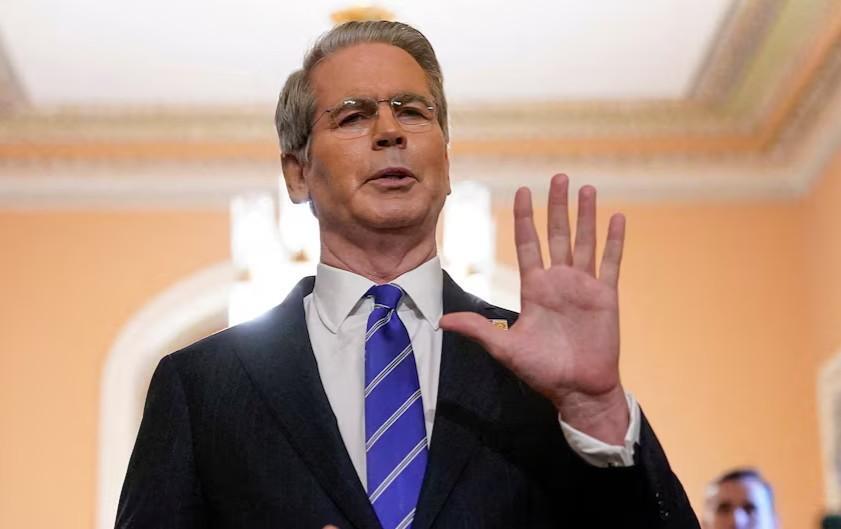
US Imposed New Sanctions Targeting Iran Oil Trade: Treasury Dept
The United States has imposed new sanctions on a business network that has been smuggling Iranian oil disguised as Iraqi oil since 2020, the US Treasury Department announced on July 3, 2025. This latest move is part of the US efforts to disrupt the Iranian regime’s access to financial resources that fuel its destabilizing activities.
As reported by Reuters, the sanctions target a network of companies and individuals that have been involved in the smuggling of Iranian oil, which has been rebranded as Iraqi oil to evade sanctions. The network has been operating since 2020, and the US Treasury Department has identified it as a significant threat to the international oil market and the global economy.
The sanctions come as the US continues to ramp up its pressure on Iran, which has been accused of supporting terrorism and destabilizing the region. The US has also accused Iran of secretly developing nuclear weapons and has demanded that it dismantle its nuclear program.
The Treasury Department’s announcement stated that the sanctions will “disrupt the (Iranian) regime’s access to the financial resources that fuel its destabilizing activities.” The department also warned that the sanctions will have a significant impact on the Iranian economy and will make it difficult for the regime to access the financial resources it needs to fund its military and terrorist activities.
In addition to the sanctions on the oil smuggling network, the US also imposed sanctions on a financial institution controlled by Hezbollah, a Shi’ite Muslim militant group that is backed by Iran. The financial institution, which was not named, has been accused of providing financial support to Hezbollah and other terrorist groups.
The sanctions were welcomed by the US and its allies, who have long been critical of Iran’s nuclear program and its support for terrorism. The US has been leading an international effort to pressure Iran to dismantle its nuclear program and to stop its support for terrorism.
The sanctions are also seen as a blow to Iran’s economy, which has been struggling due to a combination of international sanctions and domestic economic challenges. The Iranian economy has been hit hard by the COVID-19 pandemic, and the country has been experiencing high inflation and unemployment rates.
The sanctions are also likely to have an impact on the global energy market, as Iran is a major oil producer. The country has been trying to increase its oil exports in recent years, but the sanctions are likely to make it difficult for it to do so.
The US has been imposing sanctions on Iran since 2018, when it withdrew from the nuclear deal that was signed between Iran and several major powers. The deal was designed to limit Iran’s nuclear program in exchange for relief from international sanctions.
Since then, the US has imposed several rounds of sanctions on Iran, targeting its oil exports, financial system, and other sectors of its economy. The sanctions have been devastating for Iran, which has seen its economy shrink by over 10% in recent years.
The latest sanctions are part of a broader effort by the US to increase pressure on Iran and to disrupt its ability to fund its military and terrorist activities. The US has also been working with its allies to build a coalition of countries that support its efforts to pressure Iran.
The sanctions are likely to be met with resistance from Iran, which has been defiant in the face of international pressure. The country has accused the US of imposing cruel and unfair sanctions that are designed to crush its economy and to destabilize its government.
In conclusion, the US has imposed new sanctions on a business network that has been smuggling Iranian oil disguised as Iraqi oil since 2020. The sanctions are part of a broader effort by the US to disrupt the Iranian regime’s access to financial resources that fuel its destabilizing activities. The sanctions are likely to have a significant impact on the Iranian economy and are likely to be met with resistance from Iran.
Source:



